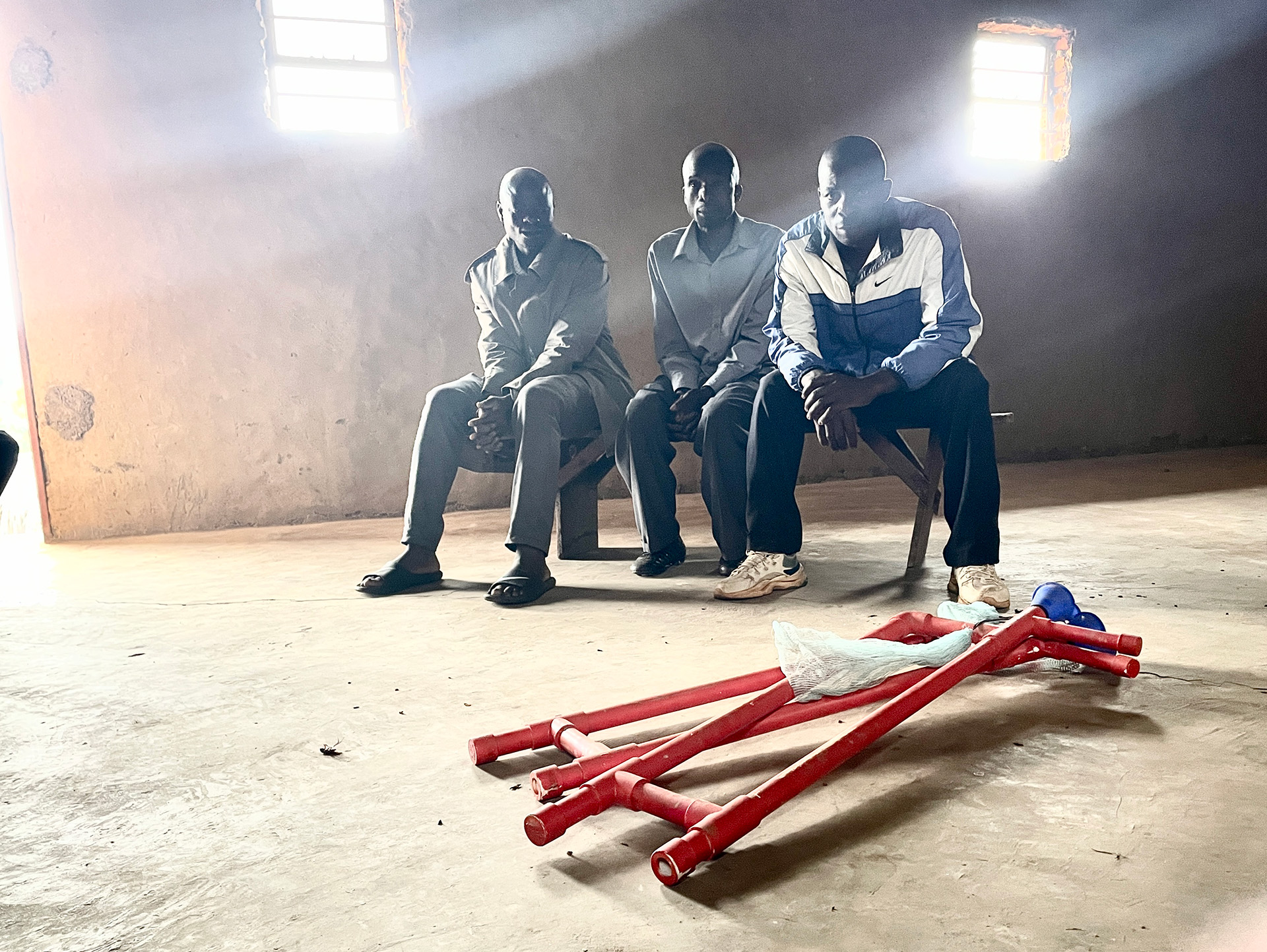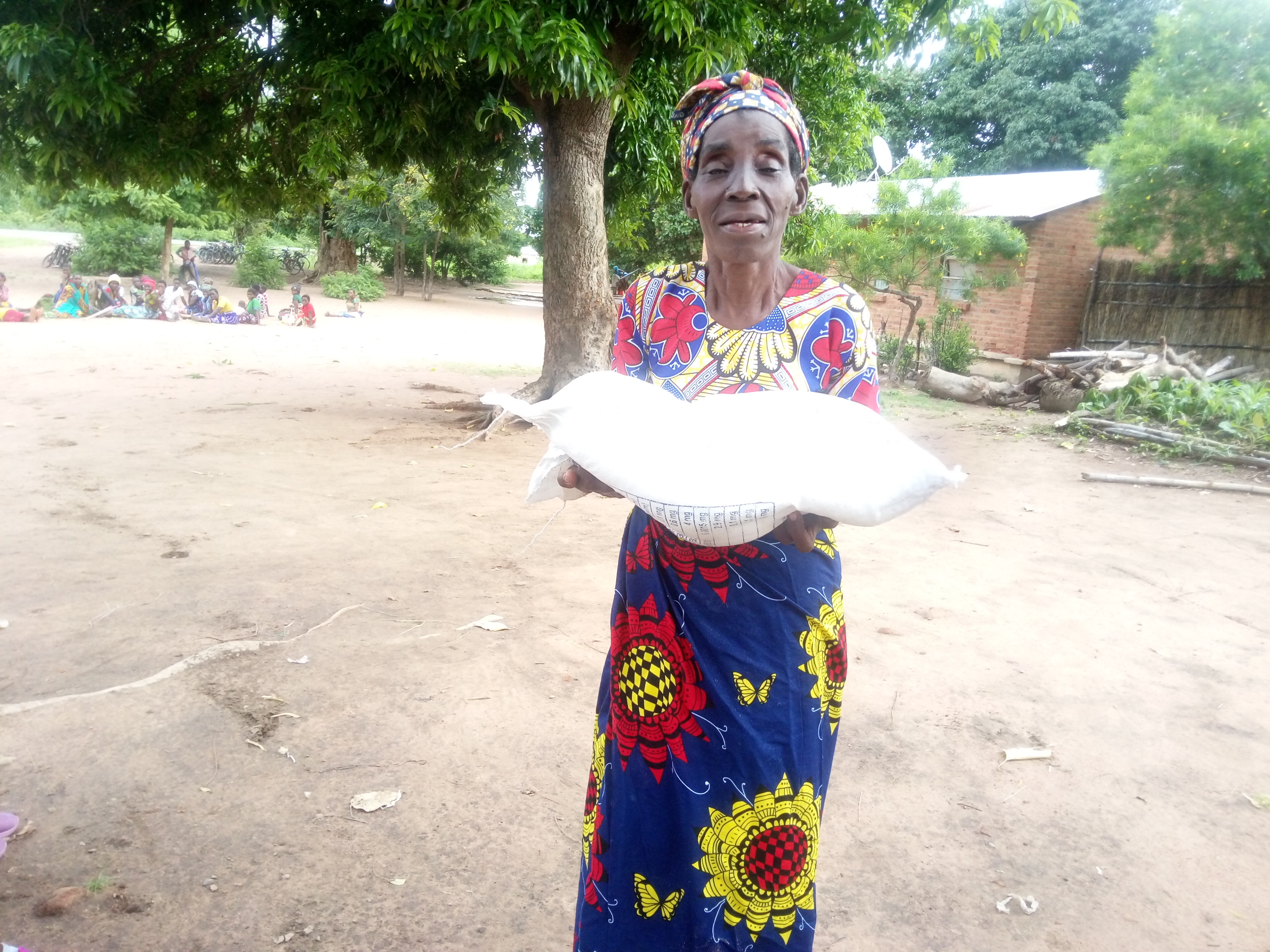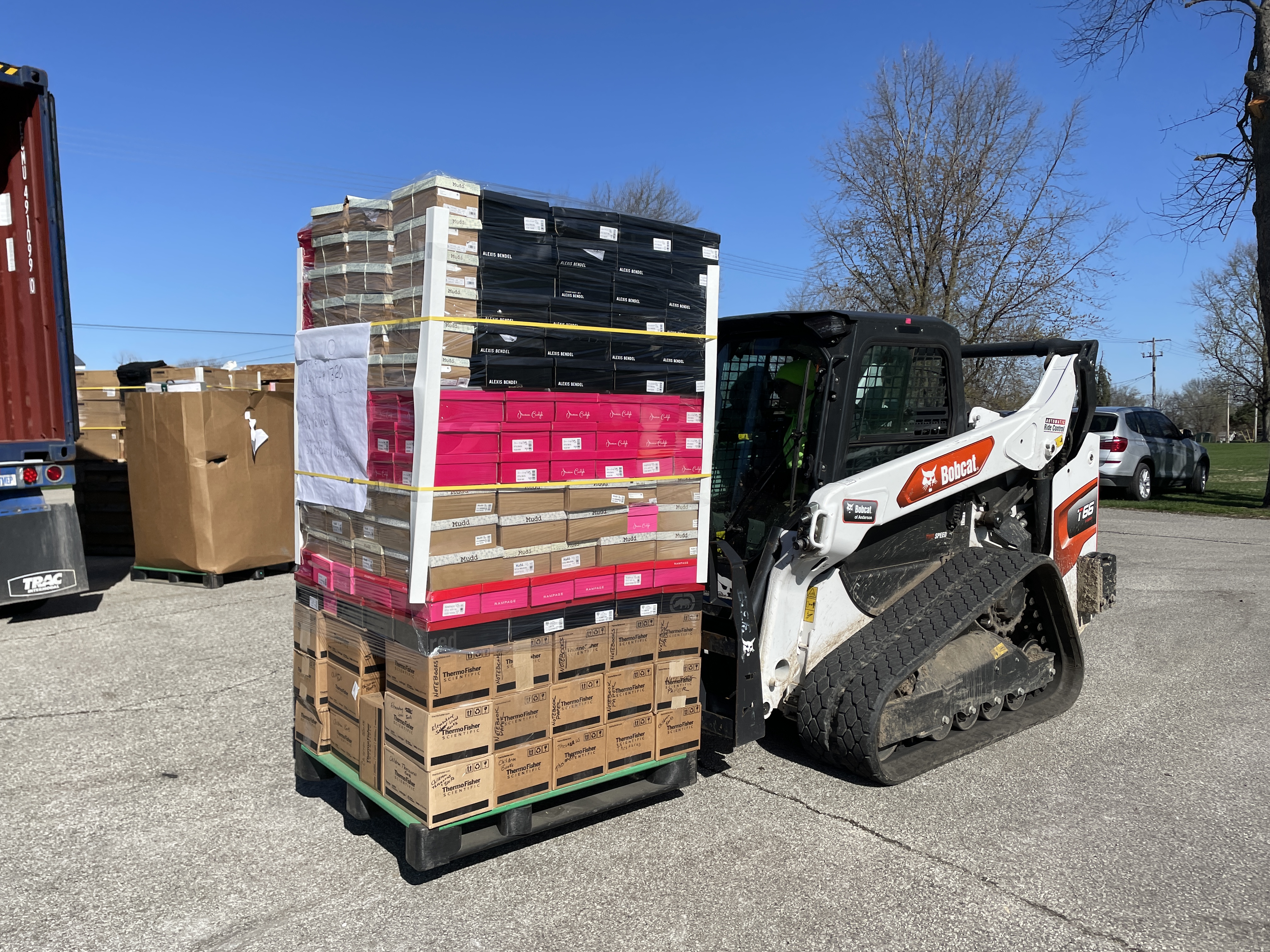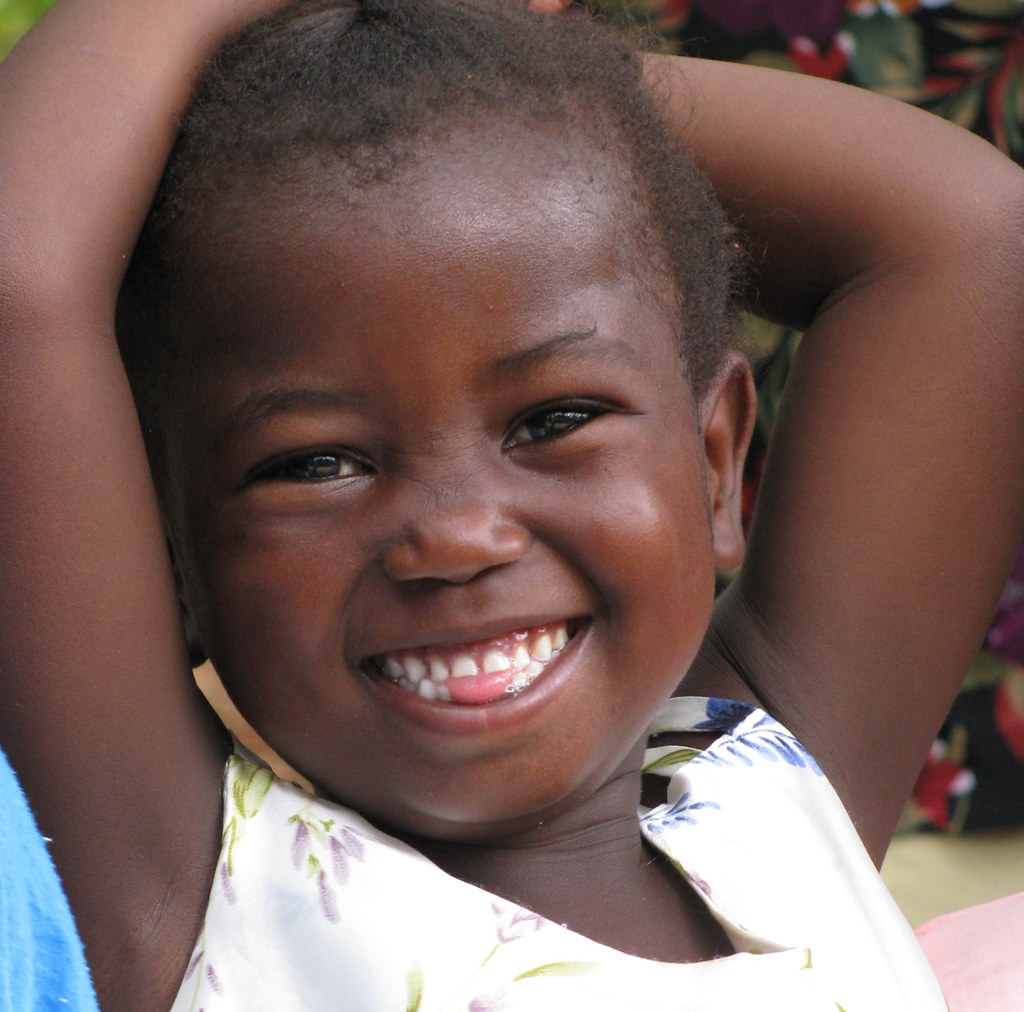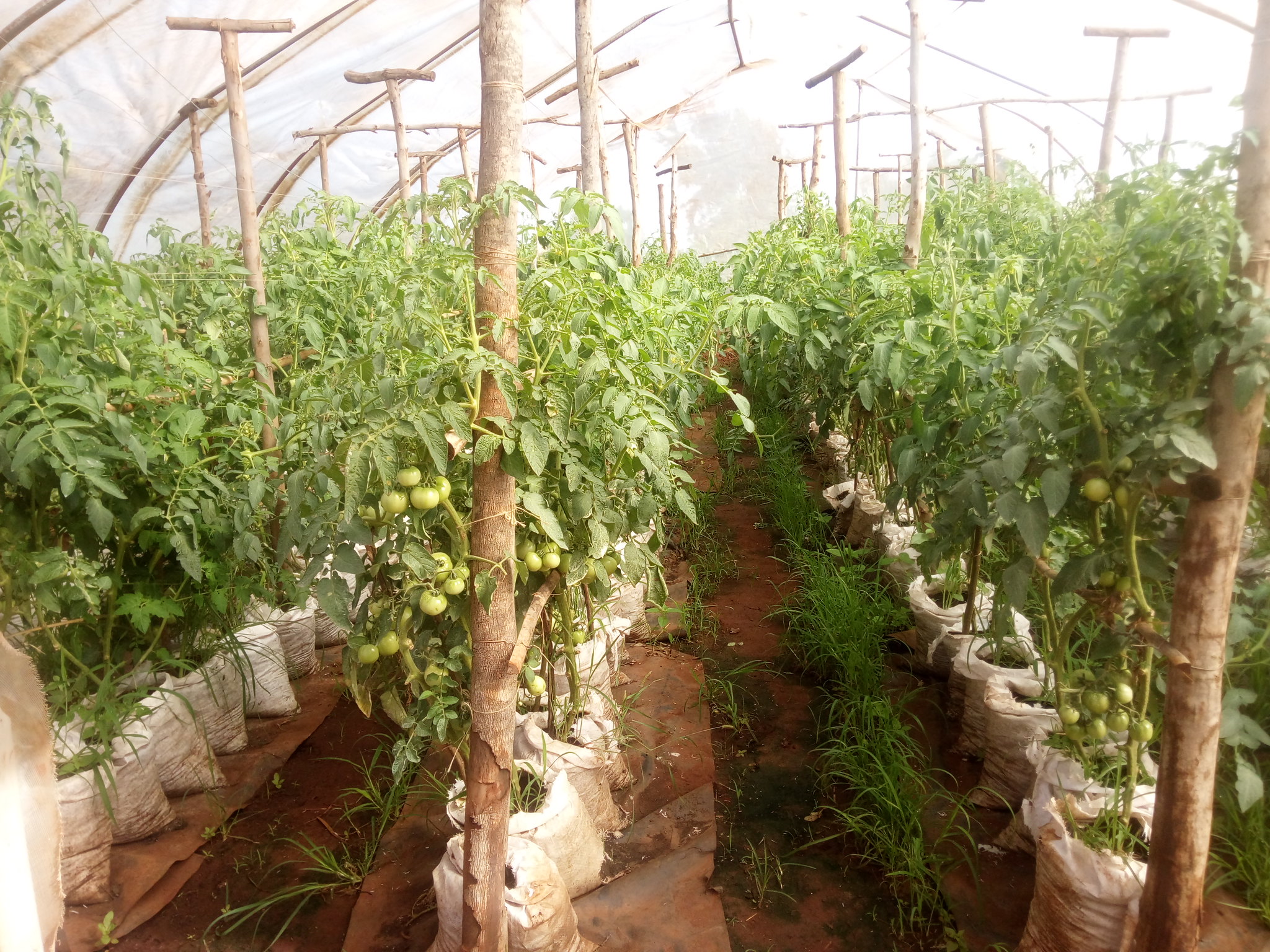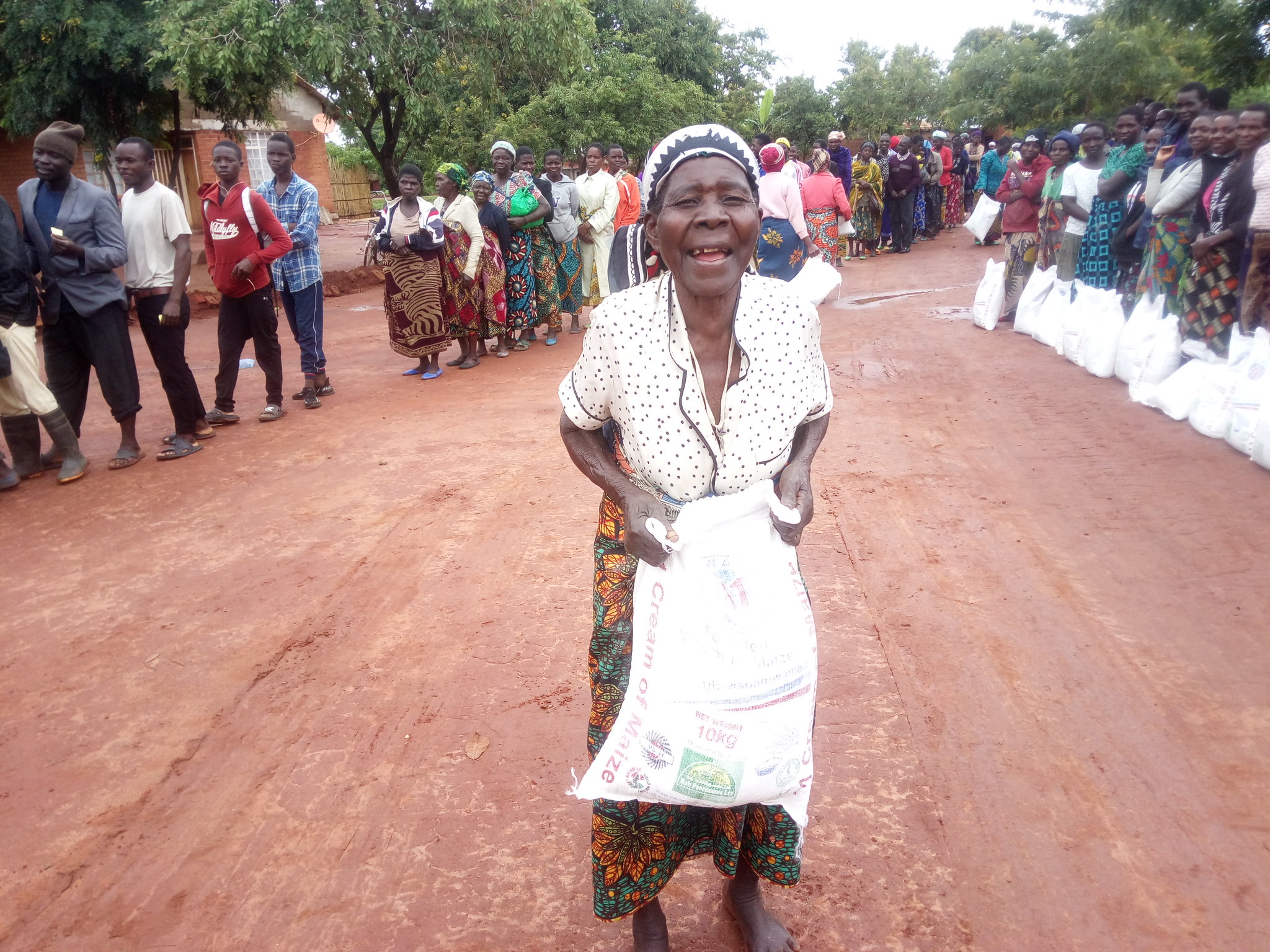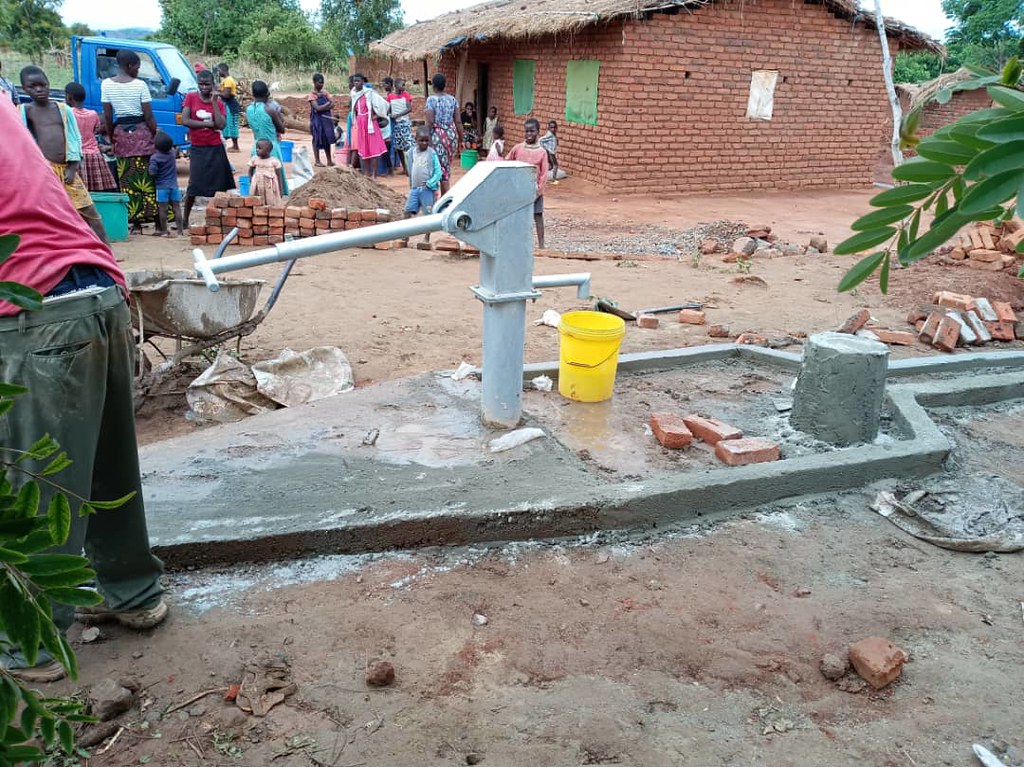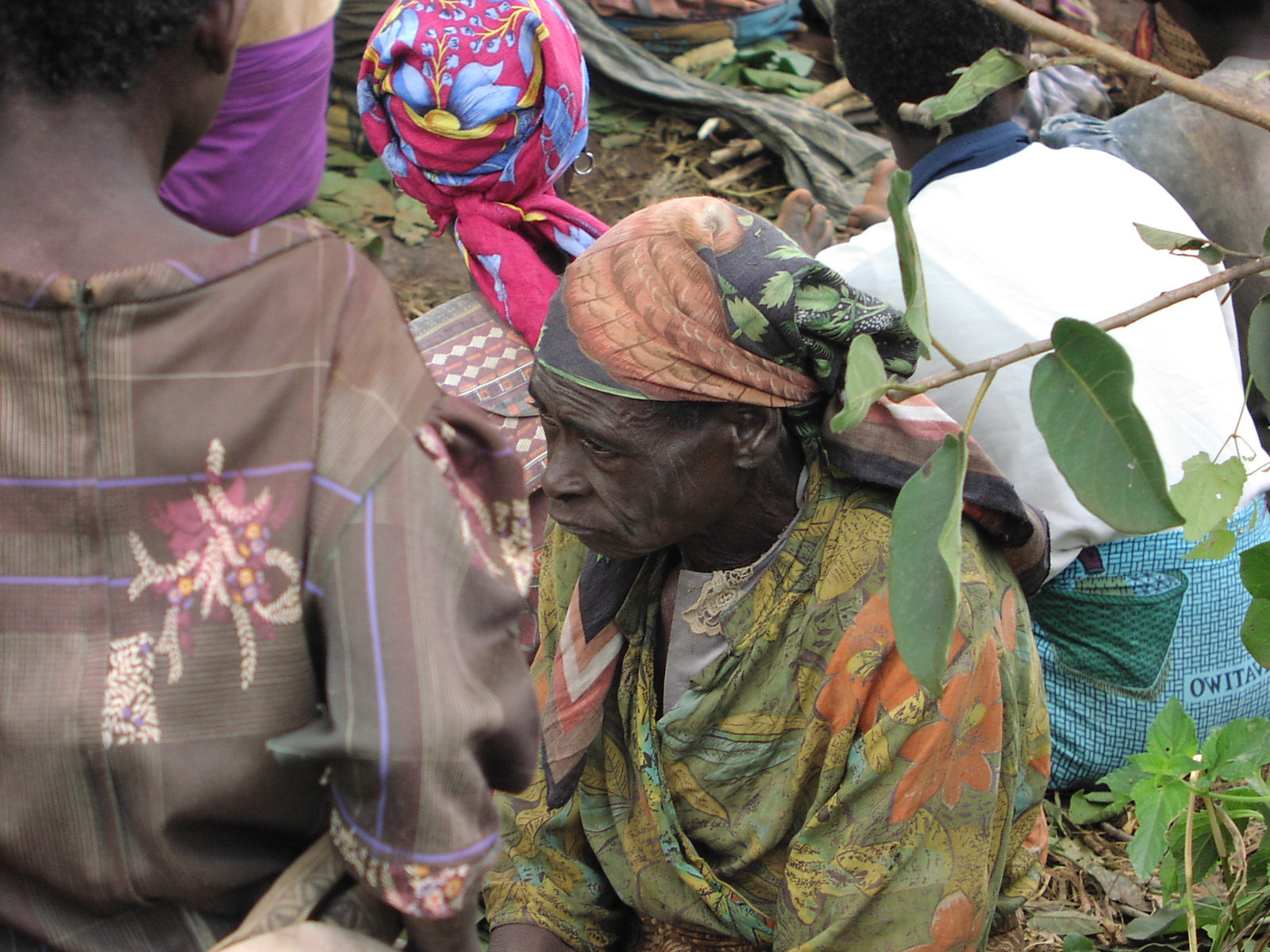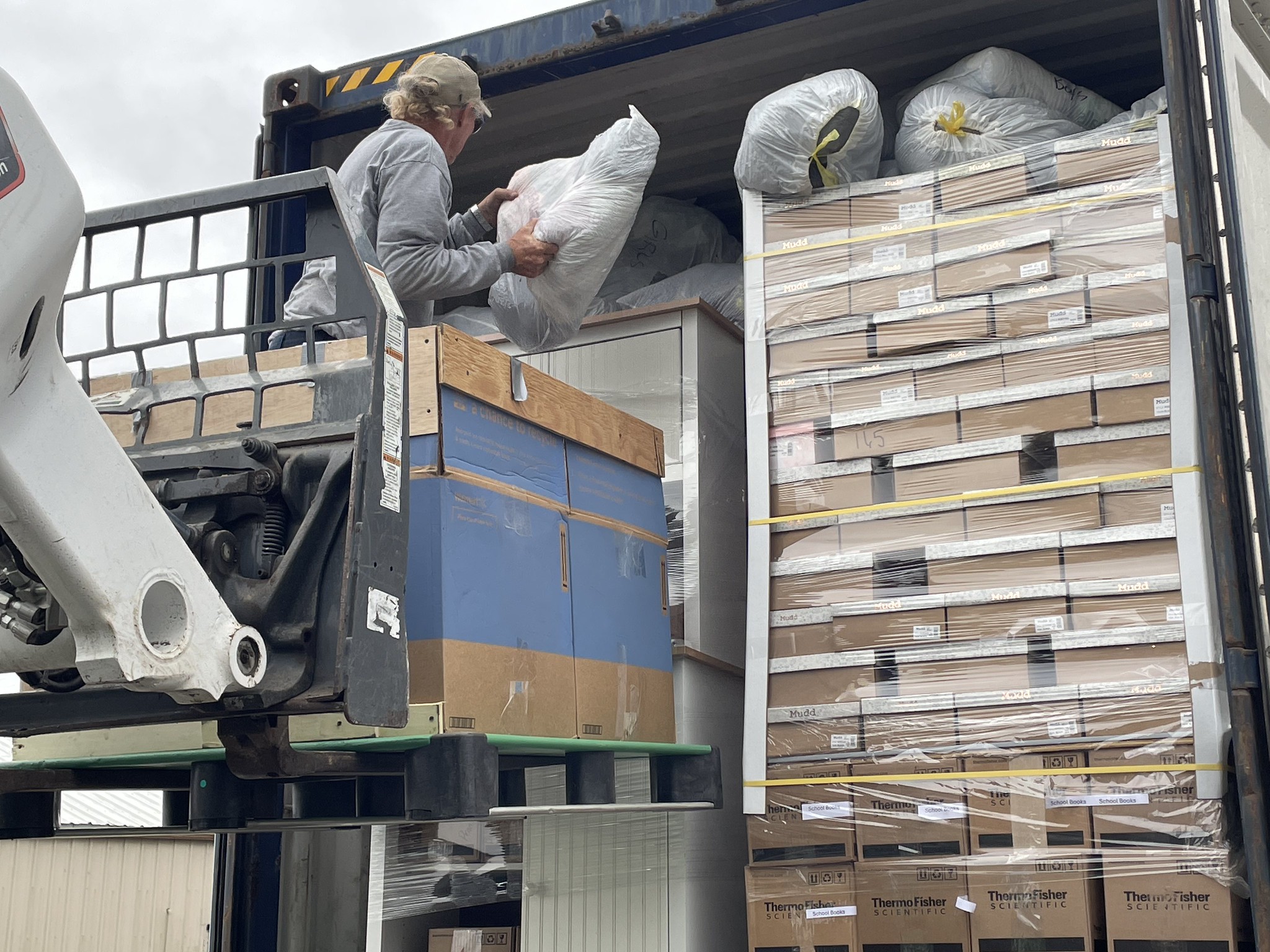Malawi remains in another era when it comes to agricultural development. Long before the advent of mechanized vehicles most farm work, including field cultivation, was done with only a single hand-held hoe. Malawi remains locked in that time with nearly 85% of the population surviving on small family plots through the use of a single garden hoe. While this type of cultivation somewhat accomplished its goals when the population was 4 million people in the early 1960’s, today’s population of over 18 million people must have more than a hand hoe to survive.
Through the years the Malawi Project has committed major focus on helping the village people of Malawi move slowly and purposefully into a more productive area; some mechanization combined with ancient, proven methods of food production; some combination of community resources combined with earlier practices of family support.
One step at a time the Malawi Project is helping the people of Malawi to create more successful methods for food production and storage. Here are some of the ways it is working.
Famine Relief
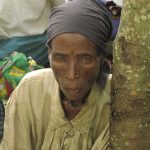
When the house is on fire you don’t deliver a speech on fire prevention. You get a bucket of water. The same is true during a famine. When food is short you deliver food. Then, as the famine begins to disappear you begin to execute methods that will help offset the next famine. The Project focuses on famine relief during famine times, then turns attention to ways to avoid and offset the next famine.
In recent years well in excess of a million dollars in food aid has been sent to all three regions of the country to assist the people.
Drip Irrigation
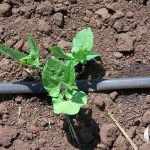
One of the major ways to offset famine in Malawi is to use some sort of irrigation that can offer the opportunity to plant an entire crop during the dry season when there is no rain for as much as 6 months. The use of drip irrigation not only offers hope when there is no rain, it also reduces by a full 25% the amount of water that needs to be used to irrigate growing crops.
Over 11,000 drip irrigation lines have been sent to the country and, along with training, have been distributed to all three regions of the country.
V-Tractors
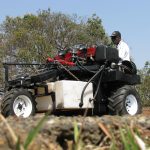
In an attempt to create some degree of mechanization the Malawi Project has worked closely with Agricultural Aid International to develop a small, easy-to-learn, and easy-to-use farm tractor that can fit the needs of small village areas where the use of powered equipment is new to the population and slow to make inroads into the culture.
Six of the V-Tractors have been sent to Malawi, and have distributed to test areas in all three regions of the country.
Walk Behind Tractors
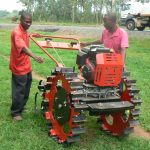
The walk behind tractor is another creation of Agricultural Aid International and is meant to handle village needs where the larger tractor is prohibited by cost and fuel usage restrictions. The walk behind holds similar traits to the roto-tiller designed units that handle yard work, and small family gardens in the United States, Canada, and Europe.
Three of the walk behind tractors have been sent to Malawi, one of them to the prison system to assist in food production for the inmates.
Basic Utility Vehicles
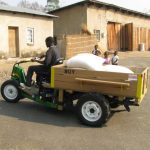
Small units to transport goods and people, a small number of Basic Utility Vehicles (BUV’s) are serving in a test market in Malawi to determine their value and importance for the various programs in which they are directed. These units can serve to transport as many as a dozen people over reasonably long distances with little fuel cost, or other units can carry grain, or vegetables to storage or to market.
Three of the BUV’s have been sent to Malawi and distributed into two of the three regions of Malawi.
Mobility

Whether it is the mobility-impaired who need a means of income, those who are seeking reliable transportation, or the development of efficient methods for moving vegetables from field to market, the MP is testing different ways mobility units and/or bicycles with small wagons can be employed to overcome some of these transpiration and logistical problems.
Grain Storage Facilities
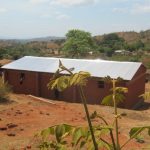
Dubbed the Joseph Projects, two test sites have brought into being large community storage buildings, whereby local churches, or community development groups work together as a farm co-op to raise sufficient crops to store for the community against future down years in crop production. The co-operating communities raise additional crops, and then form community programs to distribute the food in times of need.
Education

The best program is doomed to failure if the people who are commissioned to carry it out do not believe in it, or understand its value and importance. With agricultural programs comes the need for education; whether it is on-location teaching sessions, or through written material widely distributed through the nation, the Project employs both on-site training, as well as educational literature to help with the various programs.
Agriculture Stories
SALUTE TO THE MAIZE PLANTER
Mponda Village, Malawi … Within the expansive storage facility of Joseph Project 1, a group of Malawian farmers arranged three rustic wooden benches in a U-shape at the room’s end. The Malawians and American visitors took their seats. A village resident rose and proceeded to the opposite end of the building to retrieve two of the…
GRATITUDE FOR FOOD ASSISTANCE
Over the past five years, Malawi has experienced a decline in food production. For instance, in the 2020/2021 season, approximately 2,617,986 individuals in need of food relief were identified. Subsequently, staple food production has continued to decline, leading to an increase in the number of people facing food shortages, as reported in the Integrated Food…
SUPPLY SHIPMENTS EN ROUTE
Lebanon, Indiana … As we approach the three-month mark of the new year, supply shipments to Malawi are well underway. Three shipments are currently en route: one containing famine assistance, another with mobility units, and a third with medical, agricultural, and educational supplies. All three shipments are 40-foot shipping containers filled to capacity. They will…
A VISUAL TRIP TO AFRICA
Thanks to Jim Langdon of Lafayette, Indiana, you can now take a visual trip to Malawi and see some of the programs being carried out by the Malawi Project and Action for Progress. So, prepare yourself a cup of tea, sit back and relax, click on the link below, and head out over the Atlantic…
GREEN HOUSES REACH NEXT PHASE
Lilongwe, Malawi … The first harvest had offered great promise a year ago as the first greenhouse tomato crop was reaching maturity. However, just as the crop was reaching maturity market prices fell drastically. This left Action for Progress with a good crop but a not so good price range in which to sell the…
THE FACES OF FAMINE
We live in an age of numbers. We talk about a hundred of this, , a thousand of that, a million for something else. Because we see so many numbers it can sadly be true that we fail to see the humanity behind the numbers. It is true in Malawi that 5.7 million people are…
HIV DOWN, CHOLERA UP, CLEAN WATER NEEDED
Lilongwe, Malawi … For every 1,000 people in Malawi, the number of cases of HIV in 1995 was 13 per 1,000. By 2000 the rate had dropped to 10. By 2005 it was down to 6, and in 2010 it was reduced to 4. By 2015 it was down to 3, and in 2020 it…
FOOD RELIEF BEGINS
Lilongwe, Malawi … After only a month of emergency fund requests the Malawi Project has raised over $75,000.00 for famine relief in Malawi. Funds stated being wired to Malawi immediately, and in just days Action for Progress started making food purchases. It is now being delivered to the AfP center in Lilongwe, and over the…
HIS MESSAGE CUT TO THE HEART
“His statement cut me like a sharp knife,” recalls Dick Stephens of the Malawi Project. The email read, “We have requests for food every day. It is as bad as it was in 2001-2002.” It was a note from Wilson Tembo of Action for Progress in Malawi. Stephens remembers, “Suzi and I were in Malawi…
FINAL TOUCHES ON ANOTHER SHIPMENT
Lebanon, Indiana … Rain clouds threatened the loading process from the west, yet the moisture held off as another shipment of supplies was prepared for Malawi. Billie Smith, and his team from Lebanon filled the container right up to the back door with medical, agricultural, educational, and religious supplies. Included in the shipment: Thanks to…

